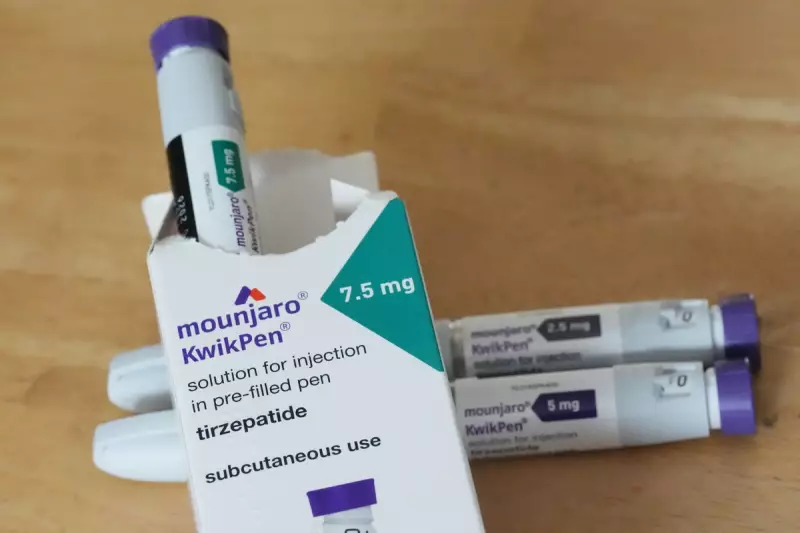
A groundbreaking US study has uncovered a potential new mechanism for how the weight loss medication Mounjaro works, suggesting it may directly target and suppress brain signals associated with intense food cravings.
The Pioneering Brain Study
Researchers conducted an innovative investigation involving three severely obese patients who had long struggled to control their eating habits. In a pioneering move, scientists placed electrodes directly into a patient's brain while they were taking the drug, allowing them to observe its real-time impact on regions responsible for pleasure, motivation, and reward.
The study, published in the prestigious journal Nature Medicine, focused on Mounjaro, a medication also known as tirzepatide. This drug is a GLP-1 agonist, a class of treatment that mimics the hormone glucagon-like peptide-1 to help manage blood sugar levels and promote weight loss.
Uncovering the Brain's 'Food Noise'
By analysing brain activity recorded via the implanted electrodes, researchers made a significant discovery. They found that episodes of intense food preoccupation and cravings were linked to specific low-frequency delta-theta brain signals in the nucleus accumbens, a crucial part of the brain's reward system.
In two of the patients, applying electrical stimulation to specific brain areas successfully reduced this problematic signal. The third patient, who was given Mounjaro to manage diabetes following weight-loss surgery, also experienced a notable reduction in food cravings. Crucially, researchers recorded a concurrent decline in the delta-theta brain activity in this patient.
Expert Calls for Cautious Interpretation
Reacting to the findings, Dr Simon Cork, a senior lecturer in physiology at Anglia Ruskin University, urged for caution in interpreting the results. He emphasised that the study looked specifically at a marker of brain activity associated with 'binge eating' in patients with obesity related to food preoccupation, which is a specific and relatively rare condition.
"We know from animal studies that directly record from neurons in this region of the brain that GLP-1 does suppress activity of this region of the brain, and this suppression is likely associated with the reduction in 'food noise' that patients with obesity often report," Dr Cork stated.
He also noted that this mechanism is likely why this drug class is seeing increased interest in combating addictive conditions, such as alcohol and drug abuse. However, he stressed that the study is "methodologically very interesting" but based on only one patient with a very specific condition, and therefore the findings should not be generalised to the entire population.
An important caveat from the research revealed that these brain signals and food cravings returned a few months later in the studied patient, indicating the effects may not be permanent.
The findings come as the NHS has begun its roll-out of Mounjaro for obesity, albeit with tight restrictions on patient eligibility. Over a three-year period, the health service expects to provide the injections to approximately 240,000 people.






